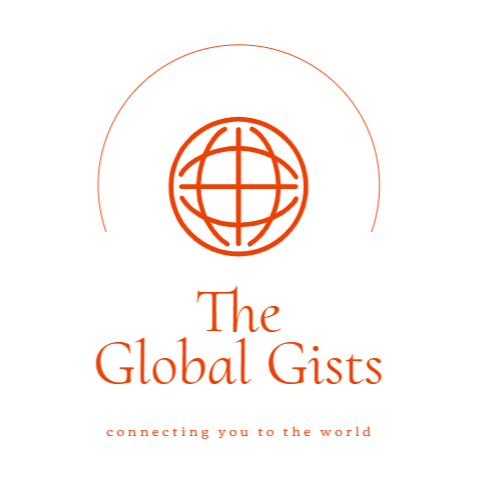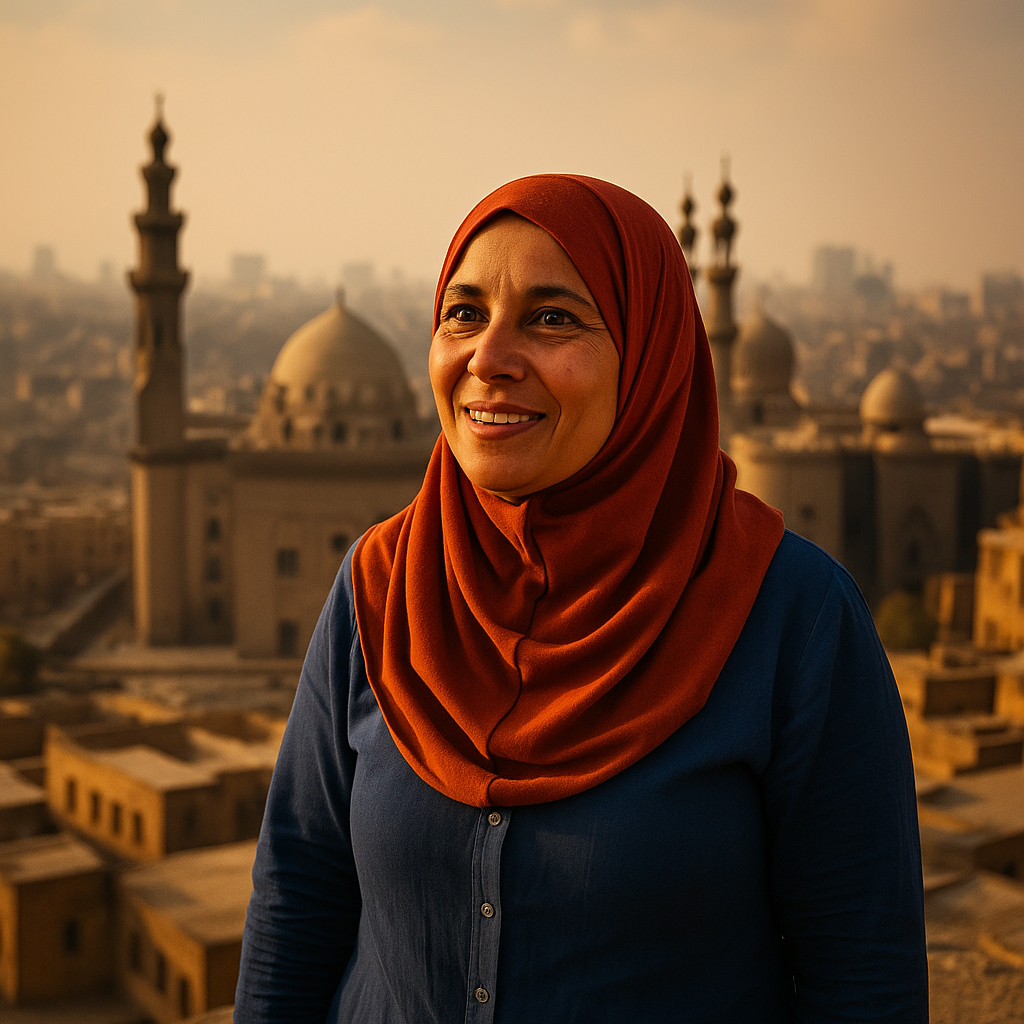In the heart of Cairo, where the noise of the streets hums like an endless lullaby, and ancient stones hold stories older than time, lived a woman named Amal. Her name means "hope" in Arabic — a word she carried not just in meaning, but in every inch of her being.
Amal wasn’t a politician, a celebrity, or a powerful businesswoman. She sold bread.
Every morning, before the first call to prayer echoed across the city, she rose in her modest home tucked behind the Khan el-Khalili market. Her hands, worn and cracked from years of kneading dough, moved like poetry. By sunrise, the scent of freshly baked baladi bread floated through the narrow alleyways, drawing a small crowd of locals and tourists alike.
But this wasn’t just about bread. It was about survival.
Amal had been widowed at 28. Her husband, a construction worker, had died in a site collapse, leaving her with two small children and no savings. In a culture that still often expects women to rely on men, Amal did the unthinkable — she built a life from ashes.
At first, she borrowed a neighbor's oven. Then, with the little money she saved, she bought her own clay taboon. She worked through sickness, through grief, through Cairo’s scorching summers and bitter cold nights. But her bread kept selling. Not just because it was delicious, but because people saw her.
There was something in her eyes — a fire, soft but fierce. She refused to beg. She refused pity. She only asked for one thing: the chance to stand on her own feet.
Her daughter, Layla, once wrote a school essay titled: "My Mother, the Queen of Bread." The teacher read it aloud to the class, and by the end, even the boys who used to mock Layla for being poor sat in silence.
As years passed, Amal’s little stand grew. She hired two other widows. Then five. She taught them her recipe, but more importantly, she taught them dignity.
She became a quiet force.
No interviews. No social media. Just flour, fire, and faith.
One day, a tourist from France bought her bread and returned the next morning with a translator. He was a food journalist. He asked to feature her in a piece about "the soul of Egyptian street food."
She laughed.
"I am no chef. I only make bread so my children don't go hungry."
He replied, "That’s what makes you a chef."
The article went viral. Her face, wrapped in a faded scarf, smiling beside her oven, circled the globe. Donations poured in. She accepted some, used most of it to buy better equipment, and the rest? She gave away. To other women. To girls who wanted to study. To neighbors who needed medicine.
Amal never forgot what it felt like to be unseen.
Today, Amal is 54. She still bakes every morning. Her daughter Layla is studying engineering at Cairo University. Her son Omar, who once ran barefoot to deliver bread to the mosque, now helps manage the small cooperative bakery she started.
But Amal refuses titles. "Don’t call me a founder," she says. "Call me a mother. Call me a fighter. Call me breadmaker."
I met Amal last year. I was in Cairo researching stories of resilience. Someone whispered about a woman who makes magic from flour. I followed the scent, the stories, and found her in a corner, surrounded by fire and flour, laughter and life.
When I asked what kept her going all these years, she didn’t mention faith or love or fear. She said:
"I have two hands. As long as they work, I have no excuse."
I left with warm bread, and a warmer heart.
Sometimes, the most powerful stories come from those who never seek a spotlight. From women like Amal, who rise before the sun and carry nations on their shoulders without ever asking for applause.
To every woman out there who is building something from nothing, who is rising through heartbreak and holding her family together with nothing but love and grit — this story is for you.
If Amal’s journey moved you, share her story. Let the world remember that true strength often comes wrapped in silence, humility, and the scent of fresh bread.
And if you ever find yourself in Cairo, follow the smell in the morning breeze. You might just find Amal, still kneading hope into every loaf.

